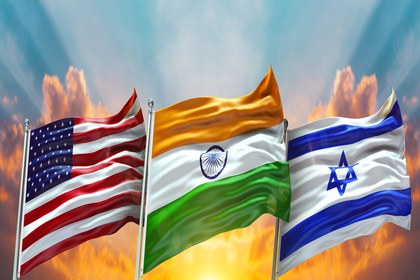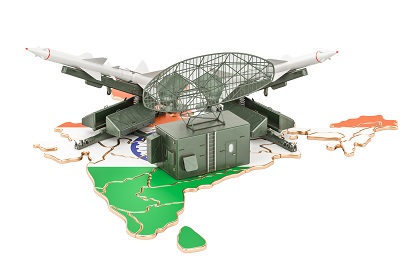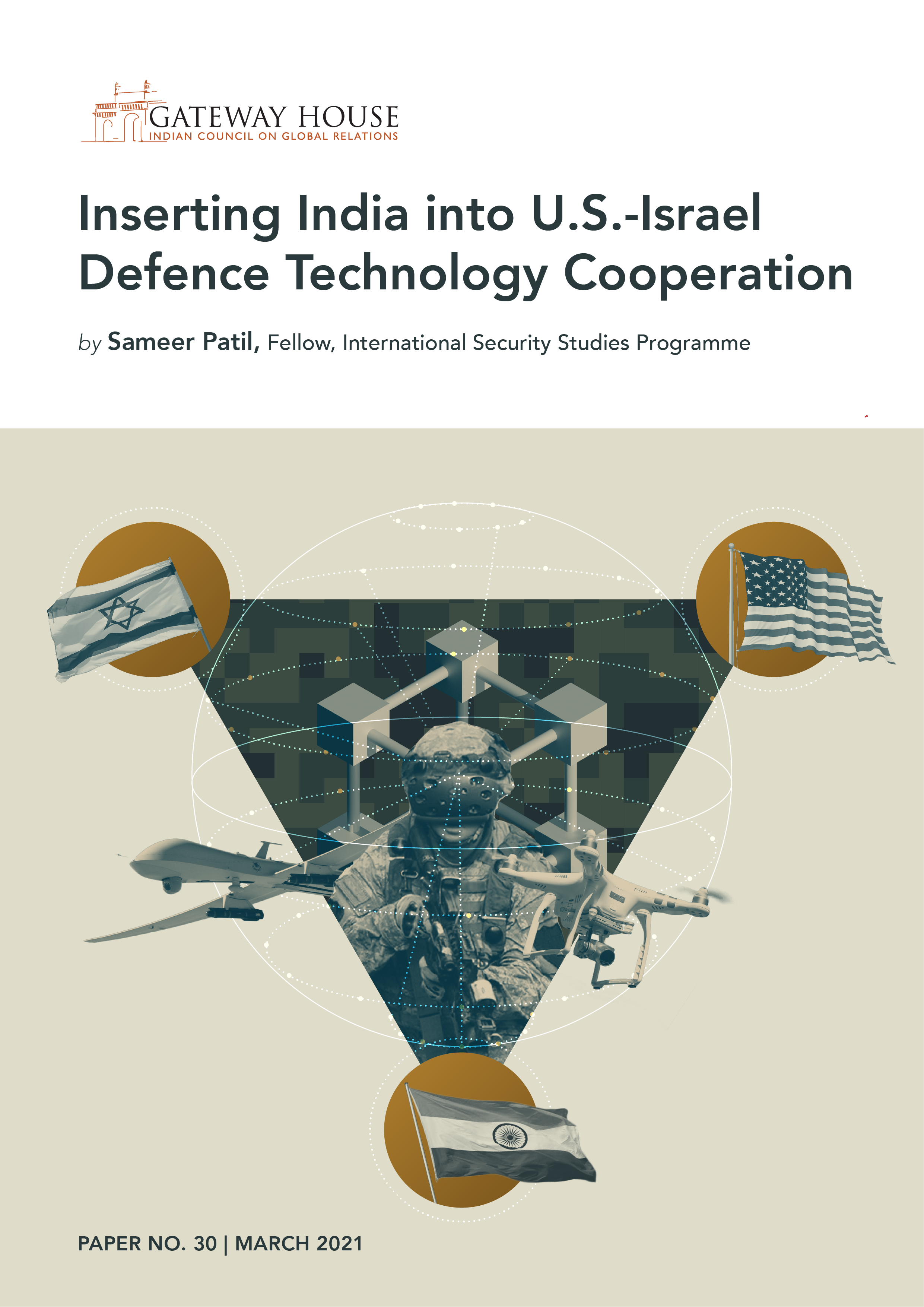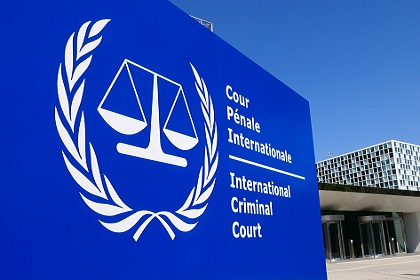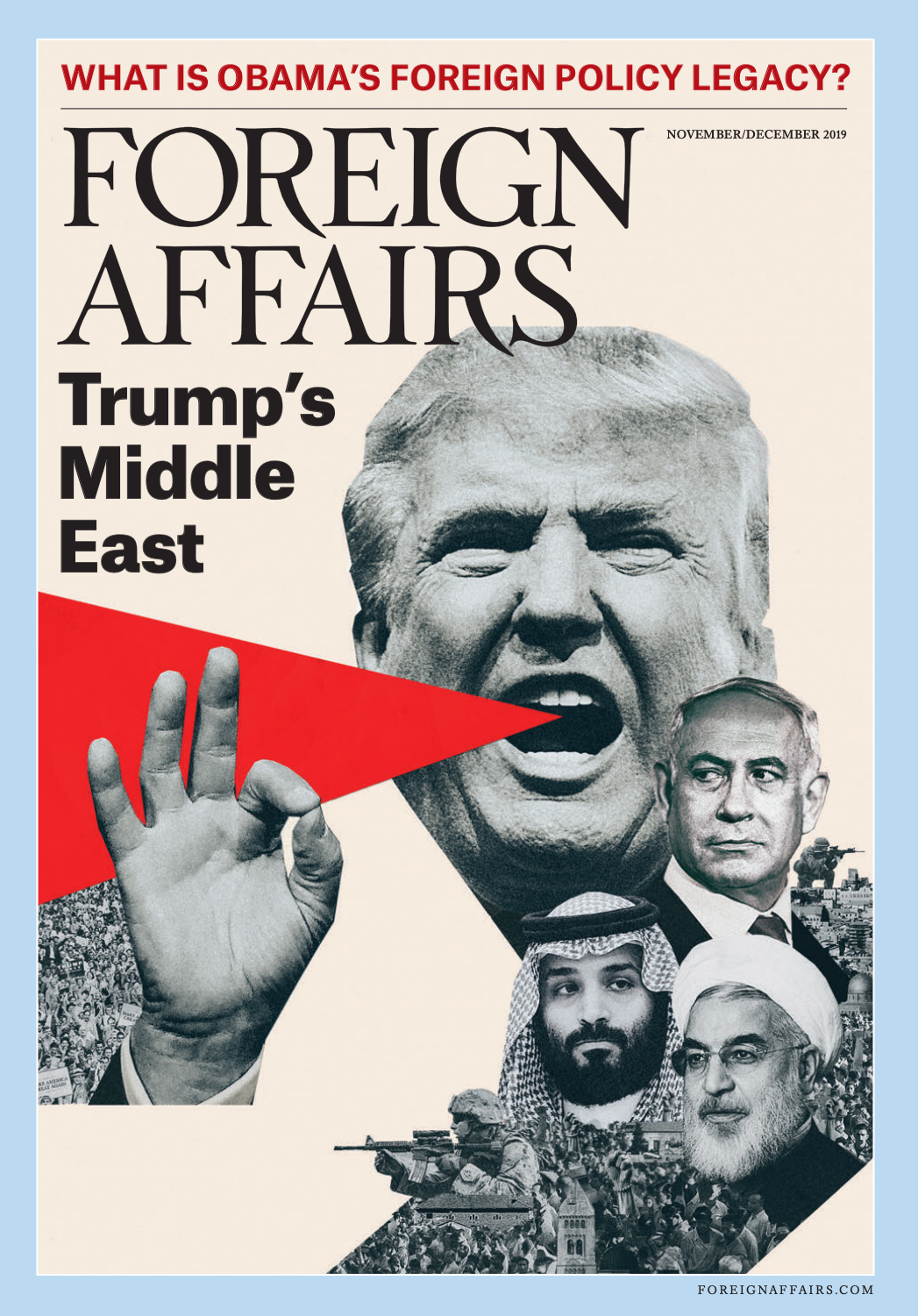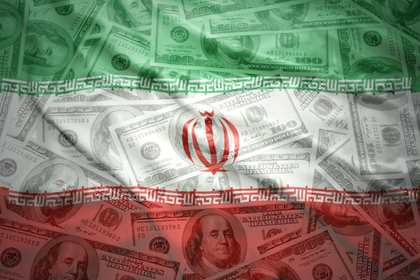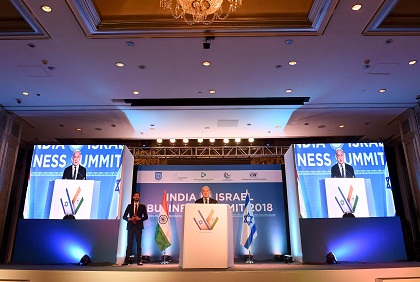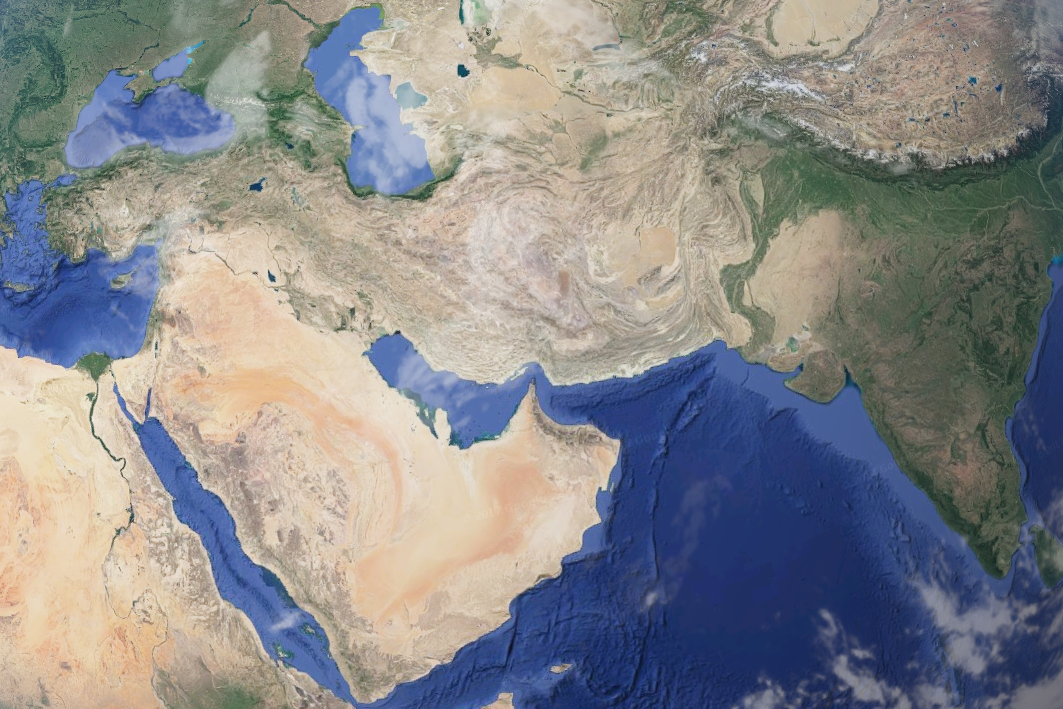Israel and the U.S. have become India's top arms suppliers, with companies from these countries participating in the 'Make in India' initiative. These robust defence partnerships can be elevated, by inserting India into the U.S.-Israel defence technology cooperation corridor. What are the geopolitical and domestic limitations that India must tackle in this effort? What benefit will the U.S. and Israel gain from a partnership with India? This paper studies the U.S.-Israel defence technology corridor, and suggests potential collaborations for India. It recommends the three innovation hubs, Silicon Valley, Tel Aviv and Bengaluru, coming together to maximise their respective strengths and declared national technology priorities.


